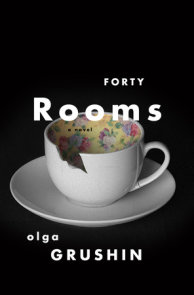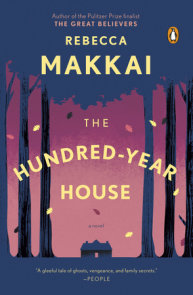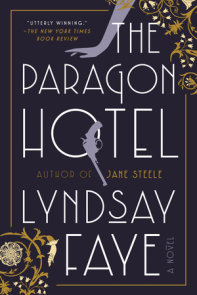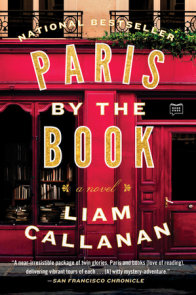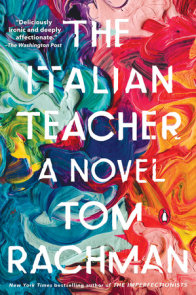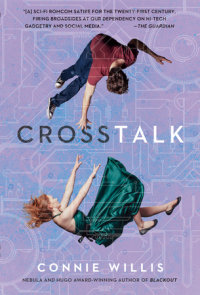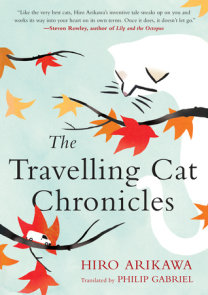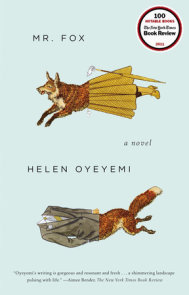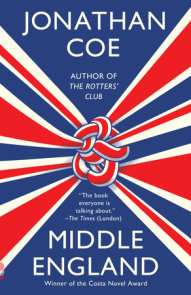READERS GUIDE
Questions and Topics for Discussion
INTRODUCTION
Set in 1960’s London, Funny Girl is a lively account of the adventures of the intrepid young Sophie Straw as she navigates her transformation from provincial ingénue to television starlet amid a constellation of delightful characters. Insightful and humorous, Nick Hornby’s latest does what he does best: endears us to a cast of characters who are funny if flawed, and forces us to examine ourselves in the process.
ABOUT NICK HORNBY
Nick Hornby is the author of six internationally bestselling novels (High Fidelity, About a Boy, How to be Good, A Long Way Down, Slam and Juliet, Naked) and several works of non-fiction including Fever Pitch, Songbook and Ten Years In The Tub, a collection of his ‘Stuff I’ve Been Reading’ columns from the Believer. His screenplay for the film An Education was nominated for an Academy Award, and he recently adapted Cheryl Strayed’s Wild to a screenplay. He lives in Highbury, north London.
DISCUSSION QUESTIONS
- Early in Funny Girl, before recording Barbara (and Jim) for Comedy Playhouse, Sophie Straw says of the show, “I don’t want it to go out into the world . . . I want to stay like we were” (see page 107). What is Sophie trying to preserve? What is she afraid of losing?
- There are some in the book who are irritated by Barbara (and Jim)’s popularity (Edith Maxwell-Bishop and Vernon Whitfield, for example) and who seem to believe that entertainment should be more traditional and less bawdy. Whitfield also says of the show’s audience, “I love ordinary people individually. It’s ordinary people en masse that trouble me” (page 207). Does the narrator take a stand on this sentiment? How is it conveyed?
- On page 150, a reviewer for The Times writes: “The very existence of Barbara (and Jim) indicates the birth of a modern Britain, one prepared to acknowledge that its citizens are as sex-obsessed as our neighbors across the Channel . . .” In what other ways does Funny Girl illustrate Britain’s transition from the austere 1950s to the Swinging ’60s? From the ’60s to the 2010s?
- What do you make of the inclusion of real historical evidence (photographs, cartoons, and images of the 1960s) alongside fictional text? Does it blur the line between fact and fiction?
- At the launch party for Bill Gardiner’s book, Diary of a Soho Boy, Tony Holmes does not feel jealous toward his colleague’s success but does feel jealous upon seeing a “beautiful young colored girl” (see page 368) and wonders, Why didn’t he know any young, colored women? What does this tell us about both Bill and Tony and about the milieu of Britain at the time?
- Much of Funny Girl’s energy lies in the bantering dialogue between characters. How do these exchanges allow the characters to define themselves in ways the narrator cannot? For example, Sophie’s agent, Brian Debenham, is repeatedly telling young women, “I’m a happily married man” (see page 48, for example). What other character traits can we glean from such dialogue?
- On page 208, when Dennis Maxwell-Bishop and Vernon Whitfield appear on Pipe Smoke to argue over the current state of entertainment, Whitfield says, “But . . . where are we going with all of this? The BBC is full of horse-racing and variety shows and pop groups who look and sounds like cavemen. What will it look like in ten years’ time? Fifty? You’re already making jokes about lavatories and God knows what. How long before you people decide it’s all right to show people taking a shit, so long as some hyena in the audience thinks it’s hysterical?” How does his argument address not just the fictional plot but entertainment as we know it today? Is Funny Girl a defense of lighthearted entertainment?
- A recurring question the characters face while producing Barbara (and Jim) is whether comedy can be intelligent. How is this addressed throughout Funny Girl? How would you respond to the question?
- Sophie quietly struggles with feeling that she is relevant to the world of comedy. She’s disappointed when she meets Lucille Ball—her idol—after it becomes clear Lucy hasn’t seen Barbara (and Jim). But when Sophie and the team meet the Prime Minister, she is heartened that the “invitation was official acknowledgment that they mattered” (page 288), despite realizing the Prime Minister doesn’t watch the show either. Why do you think Sophie feels this way?
- Funny Girl is told through the voice of an omniscient narrator. Why do you think Nick Hornby chose to narrate the book this way? How might it read differently if it had been told in the first person—say, if it had been told by Sophie?
- As a “quick-witted, unpretentious, high-spirited, funny, curvy, clever, beautiful blonde” (page 257), Sophie might strike some readers as almost too good to be true. Is she? How does Hornby address this anomaly?
- What dawning realization allows Sophie’s anger toward her mother, Gloria Balderstone, to soften? What does this tell us about Sophie? What does this tell us about the eras from which these two women came?
- How do both the imaginary sitcom Barbara (and Jim) and the novel Funny Girl deal with issues of sex and class in Britain?
- How does the relationship between Tony and Bill change over the course of Funny Girl?
- The narrator tells us that, as an older woman, Sophie thinks that entertainment has “taken over the world, and she wasn’t sure that the world was a better place for it” (page 442). Do you agree with her assessment? Why or why not?
- Funny Girl captures the excitement of youthful success and of burgeoning talent, but it also considers what it’s like once that excitement fades. How would you describe the mood at the end of the book as Barbara (and Jim)’s glory days inevitably pass?
- What do you imagine Sophie did with the teapot in the opening scene of Barbara and Jim—The Reunion! to get them “off and running” (page 452)?










